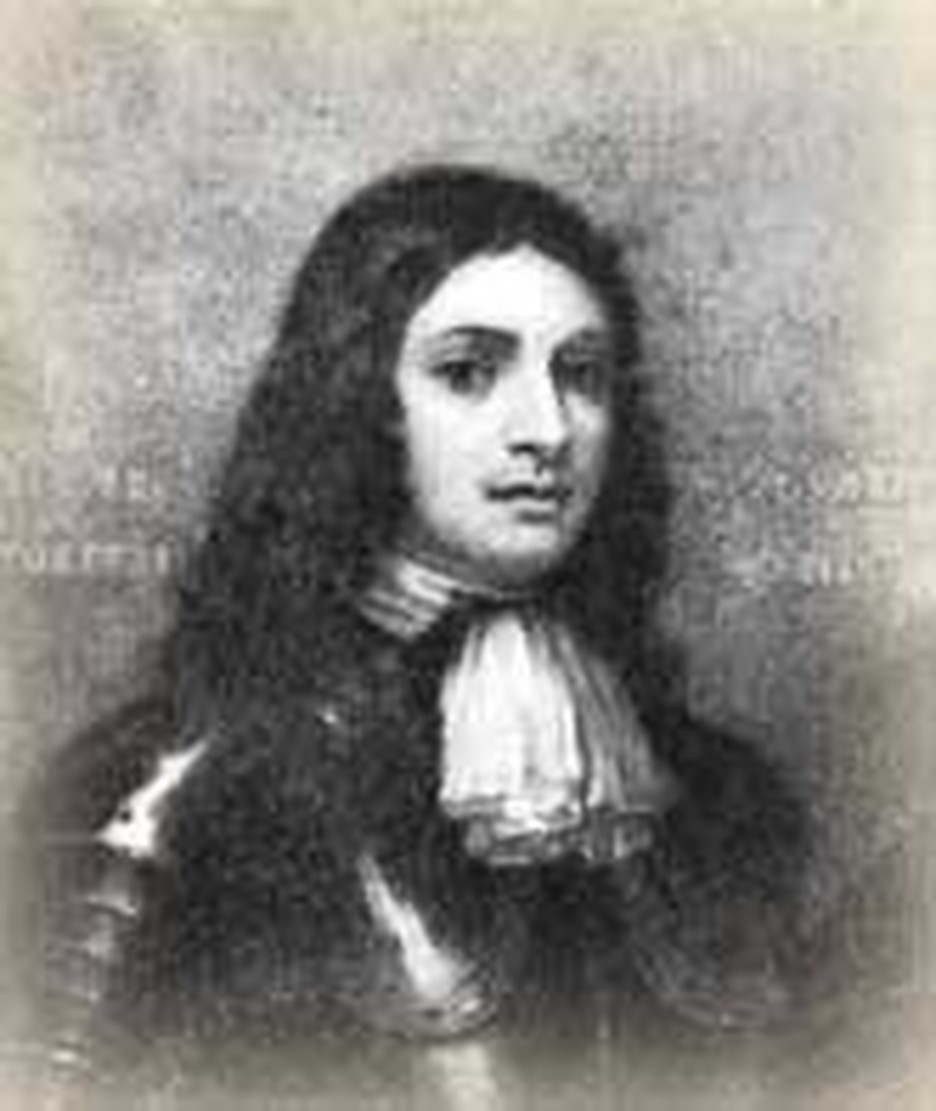
You'll take your hat off for all you are Admiral Penn's son," sneered the Mayor of London. Quakers William Penn and William Mead had been arrested on this day, August 14, 1670, for daring to preach in public. One of the charges against them was rioting. Threatened with flogging, Penn did not remove his hat.
Twelve jurors were impaneled to determine the guilt of the pair. Charges were first read against Penn. He asked for a written copy. It was refused. Not until he had entered his plea would he be given the charges, he was told. Penn pleaded not guilty. The Quakers were returned to lockup.
On September 3 they were brought back to court. Their hats were off. The judge ordered them to put them on so he could fine them for not removing them. Penn protested. Witnesses came forward but had not heard what Penn said or could not agree on it. Penn demanded to know by what law he was accused. The Common Law, he was told. Penn asked for a specific law to be read. The court refused. He was told to enter a plea. Penn refused. Until a law was read showing what he had done was wrong, his indictment was illegal, he contended. For this defiance, Penn was hustled into an enclosure. He went under protest, saying he would not be silent on a question, which affected thousands of other persons. If such proceedings could be taken against him, they could be taken against anyone in England.
Mead boldly repeated Penn's arguments. He further quoted the constitutional lawyer Coke on what constituted a riot. The recorder sneered at him. Mead replied in Latin. In a rage, the mayor shouted, "You deserve to have your tongue cut out!" Mead stood on his rights as an Englishman. The recorder snarled that he considered Mead an enemy to England and therefore Mead would not be allowed to speak. Mead, too, was dragged away.
The court demanded that the jury find the two guilty of preaching to the people and drawing a tumultuous crowd after them. Failure to do so, said the court, would be at the jurors' peril. Penn shouted to the jury that he had not yet been heard as was his right. The judge locked Penn and Mead in the hole.
The jurors found the men guilty of preaching--no more. Court officers ranted at the twelve and ordered the verdict changed. When the jurors refused, they were locked up without food, water, or a chamber pot.
When this did not bring the jurors to heel, they were sent to prison. Eight of them paid fines to gain immediate release. The remaining four remained in prison and filed a lawsuit. Meanwhile, Penn and Mead were released. Finally, England's high court ruled in the jurors' favor. Juries could not be coerced. The four jurors, inspired by the two devout Quakers, had stood firm and thereby helped secure important freedoms.
Bibliography:
- Dixon, W. Hepworth. Life of William Penn; founder of Pennsylvania. New York: A. L. Burt [ca. 1890]
- Graham, John W. William Penn; founder of Pennsylvania. London: Headley Bros. Publishers, Ltd., 1916.
- Kunitz, Stanley L. British Authors Before 1800; a biographical dictionary. New York: H. W. Wilson, 1952. p. 399.
- "Penn, William." Dictionary of American Biography. New York : Scribner, 1958-1964.
- "Penn, William." Dictionary of National Biography. Edited by Leslie Stephen and Sidney Lee. London: Oxford University Press, 1921-1996.
- Peare, Catherine Owens. William Penn. New York, N.Y : H. Holt. 1958.
- Runes, Dagobert D. A Treasury of Philosophy. New York: Philosophical Library, 1945, p.915.
Last updated April, 2007.


